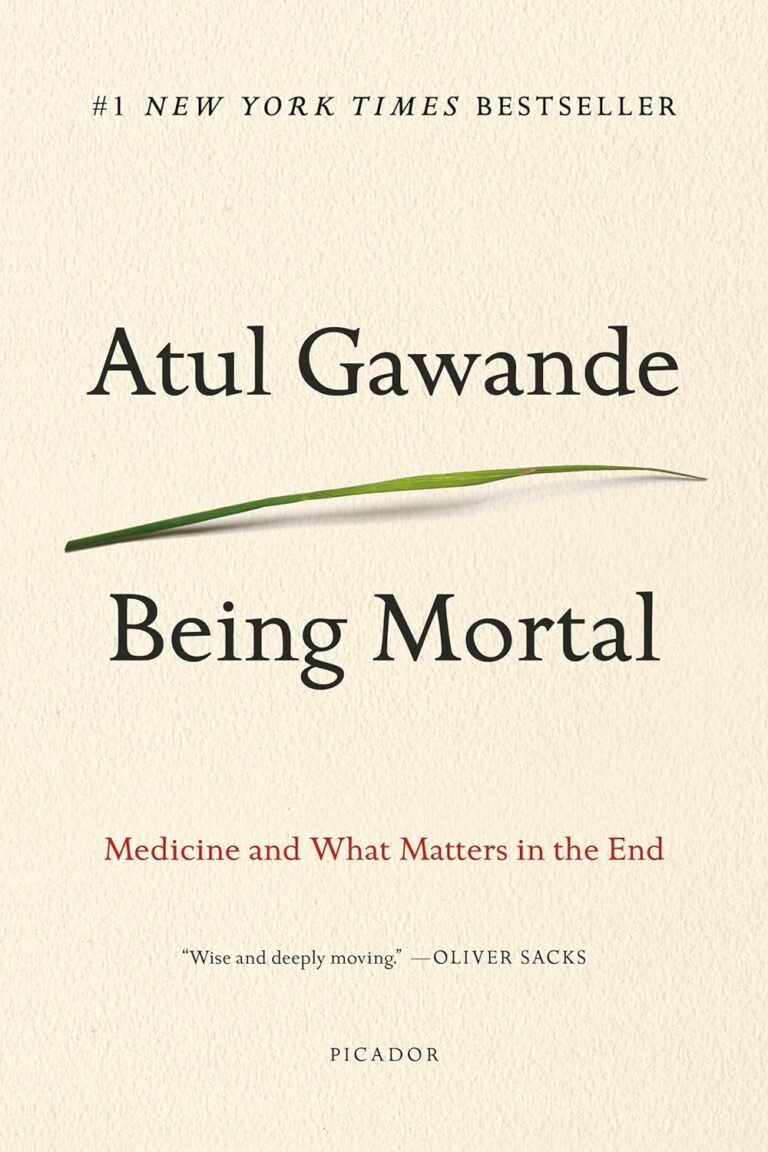
Squamous cell carcinoma (SCC) represents a daunting challenge in the healthcare industry. This skin cancer is less aggressive compared to melanoma but poses severe health risks if neglected or poorly managed. Beyond understanding the basics, knowledge about SCC’s intricate science is essential for everyone due to its increasing prevalence.
A profound understanding of SCC will not only help manage the condition effectively, but it could also be beneficial for early detection and prevention. Given that early intervention significantly increases the chances of successful treatment, it becomes clear why understanding SCC is vital.
Definition of Squamous Cell Carcinoma
Squamous cell carcinoma is a type of skin cancer that originates from the squamous cells in the skin’s outermost layer, the epidermis. It is the second most common type of skin cancer after basal cell carcinoma.
The science behind SCC revolves around the uncontrolled growth of abnormal squamous cells. When these skin cells are damaged, typically due to exposure to ultraviolet (UV) radiation, they can modify their genetic structure and multiply rapidly, as opposed to normal programmed cell death. When too many of these abnormal cells accumulate, they form a tumor, and this is what largely constitutes SCC.
Causes and Risk Factors of Squamous Cell Carcinoma
The most common cause of SCC is prolonged exposure to UV radiation, typically from the sun or tanning beds. This hazardous exposure can lead to changes in the squamous cells’ DNA over time, causing them to grow out of control and become cancerous.
However, not everyone exposed to sunlight or tanning beds gets SCC. Certain risk factors increase an individual’s susceptibility. These include a history of sunburns, light-colored skin, weakened immune system, age (over 50 years), and HPV infection.
Get to know us better
If you are reading this, you are in the right place – we do not care who you are and what you do, press the button and follow discussions live

Clinical Presentation of Squamous Cell Carcinoma
The initial sign of SCC often manifests as a hard, red, scaly lump or lesion on the skin’s surface. It can appear anywhere on the body, but it commonly occurs in sun-exposed areas such as the face, neck, hands, and arms.
As SCC progresses, the lump can grow larger and may ulcerate or become sore. In advanced cases, SCC can spread to the lymph nodes and distant organs, making treatment more challenging and, at times, less successful.
Diagnostic Procedures for Squamous Cell Carcinoma
SCC diagnosis primarily includes a physical examination of the skin, followed by a biopsy procedure. During a biopsy, a small section of the suspect skin lesion is removed and studied under a microscope to detect the presence of squamous cancer cells.
The results of the biopsy can dictate the subsequent course of action. If SCC cells are detected, further tests may be necessary to stage the cancer and plan the best treatment options.
Treatment Options for Squamous Cell Carcinoma
Multiple treatment approaches are employed in SCC management, including surgery, radiation therapy, and topical medications. The choice of treatment largely depends on the size, stage, location of the tumor, and the patient’s overall health condition.
Creating personalized treatment plans is significant because each SCC case is unique. While the strategies deployed may be similar, slight variations in treatment methods can make noticeable differences in each patient’s journey towards recovery.
Prevention & Health Management for Individuals with Squamous Cell Carcinoma
As in many healthcare scenarios, prevention is better than cure when it comes to SCC. Avoid excessive sun exposure, use sunscreen, and regularly inspect your skin for any changes. Regular dermatological checkups can also help detect SCC at early stages.
Lifestyle factors play a substantial role in managing and recuperating from SCC. Maintaining a balanced diet, engaging in physical activity, avoiding tobacco, and alcohol can considerably aid in recovery while improving overall health.
Conclusion: Living with Squamous Cell Carcinoma
Adjusting to a diagnosis of squamous cell carcinoma can be challenging. However, with a comprehensive understanding of the disease, patients can better navigate their condition, seek timely treatment, and improve their quality of life.
Though SCC can significantly impact a person’s health, consistent care, preventive measures, and personalized treatment plans can significantly alter the disease progress, providing an optimistic outlook for those coping with this condition.
FAQs:
- What is Squamous cell carcinoma?
Squamous cell carcinoma is a common type of skin cancer that begins in the squamous cells of the skin’s outermost layer.
- Who is at risk for Squamous cell carcinoma?
People with prolonged sun exposure, a history of sunburns, light skin color, weakened immune system, and age over 50 are at a higher risk for developing SCC.
- How is Squamous cell carcinoma diagnosed?
A physical examination and biopsy of the suspect skin lesion are typically performed to diagnose SCC.
- What are the possible treatments for Squamous cell carcinoma?
Treatment options may include surgery, radiation therapy, and topical medications, depending on the case specifics.
- Can Squamous cell carcinoma be prevented and how can individuals manage their health post-diagnosis?
Preventions include avoiding excessive sun exposure and regularly inspecting the skin. Lifestyle factors such as diet and physical activities significantly contribute to health management post-diagnosis.

















Comments
Thank you. Comment sent for approval.
Something is wrong, try again later